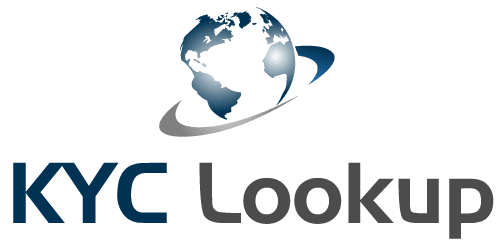10 Sep Beneficial Ownership and Significant Controllers – Transparency in the Fight Against Financial Crime
In the fight against money laundering and terrorist financing, regulators and financial institutions worldwide are focusing on improving transparency and uncovering the true identities of individuals who own and control companies. Beneficial ownership and significant controller information have emerged as crucial elements in Anti-Money Laundering (AML) efforts. This article explores the concept of beneficial ownership and significant controllers, their role in combatting financial crime, and the documentation required to ensure compliance.
Understanding Beneficial Ownership and Significant Controllers
Beneficial ownership refers to the natural person(s) who ultimately own or control a legal entity, whether directly or indirectly. It is distinct from legal ownership, which pertains to the entity listed on official registration documents. The beneficial owner is the individual who benefits from the entity’s assets, income, or controls its activities.
Significant controllers, on the other hand, are individuals who have substantial influence or control over a legal entity. This includes those with significant voting rights, the ability to appoint or remove directors, or those who otherwise exercise significant control over the entity’s management or decision-making.
The Role of Beneficial Ownership and Significant Controllers in AML
The lack of transparency surrounding beneficial ownership and significant controllers has long been exploited by money launderers and criminals seeking to hide illicit funds and avoid detection. By obscuring the true beneficiaries behind complex webs of companies and legal entities, criminals can conduct illegal activities while remaining shielded from scrutiny.
Requiring disclosure of beneficial ownership and significant controller information enhances the ability of authorities and financial institutions to:
Detect Suspicious Activities: By knowing the ultimate beneficiaries and controllers of a company, it becomes easier to identify suspicious transactions and connections to illicit activities.
Prevent Money Laundering: Uncovering beneficial ownership information helps detect money laundering schemes where funds are laundered through seemingly legitimate businesses.
Terrorist Financing Prevention: With transparent ownership information, it becomes more challenging for terrorists to finance their activities through legitimate businesses.
Enhance Due Diligence: Financial institutions can conduct more effective risk assessments and enhanced due diligence when they have access to beneficial ownership information.
Documentation Required for Beneficial Ownership and Significant Controllers
To comply with AML regulations and ensure transparency, certain documentation is necessary to identify beneficial owners and significant controllers:
Register of Beneficial Owners: Companies should maintain a register containing the details of beneficial owners, including their full names, residential addresses, nationalities, and the nature of their interest in the company.
Identity Verification: Proper identification documents, such as passports, national IDs, or driver’s licenses, must be collected from the beneficial owners and significant controllers.
Ultimate Beneficial Ownership Declaration: Beneficial owners may need to sign a declaration acknowledging their ownership and control of the company.
Ownership Structure Diagram: A clear diagram illustrating the ownership structure and the relationship between the legal entity and its beneficial owners should be provided.
Beneficial ownership and significant controllers play a pivotal role in the fight against money laundering and financial crime. By increasing transparency and shedding light on the ultimate beneficiaries of companies, the risk of illicit financial activities can be minimised. Financial institutions must ensure compliance with AML regulations by obtaining and maintaining accurate documentation related to beneficial ownership and significant controllers. Collaborative efforts between regulators, businesses, and law enforcement are essential to effectively combat money laundering and promote a more transparent and accountable financial system.
Learn more on AML/KYC by visiting our online courses page and let us help you enhance your knowledge.
If you wish to watch our AML educational tutorial why not visit our video tutorial page.



No Comments